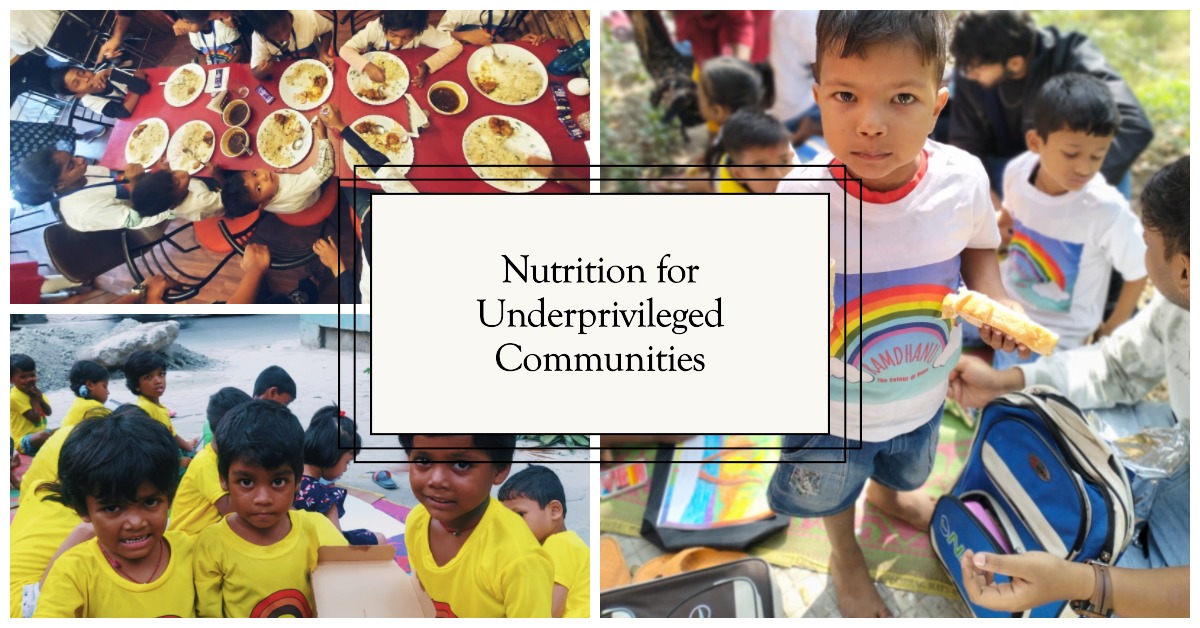The Importance of Nutrition in Underprivileged Communities
Access to nutritious food is a fundamental human right, yet millions of people around the world struggle to obtain adequate nutrition on a daily basis. In underprivileged communities, this challenge is even more acute. Limited financial resources, lack of access to grocery stores, and inadequate education about healthy eating habits all contribute to a situation where many individuals are unable to obtain the nutrients they need to maintain good health. The impact of poor nutrition is felt across all age groups, from malnourished infants to elderly individuals suffering from chronic diseases. In this blog post, we will explore the importance of nutrition in underprivileged communities and discuss strategies for improving access to healthy food.
The consequences of poor nutrition are severe and wide-ranging. Malnutrition can lead to stunted growth, weakened immune systems, and chronic diseases such as diabetes and heart disease. Children who are malnourished may suffer from cognitive impairments and struggle to learn in school. In underprivileged communities, where access to healthcare is often limited, the impact of poor nutrition can be particularly devastating. Many individuals suffer from preventable illnesses that could be avoided with a healthy diet.
Improving access to nutritious food is a complex challenge that requires a multifaceted approach. One strategy is to establish community gardens, where residents can grow their own fruits and vegetables. This not only provides a source of fresh, healthy produce, but also fosters a sense of community and provides a space for social interaction. Another approach is to establish food banks that provide free or low-cost groceries to individuals and families in need. Food banks can also partner with local farmers and grocery stores to obtain fresh, nutritious food. Education is also a critical component of any strategy to improve nutrition. By teaching individuals about healthy eating habits and how to prepare nutritious meals, we can empower them to make informed choices about their diet.
In conclusion, improving access to nutritious food is a critical step in promoting the health and well-being of underprivileged communities. By working together to establish community gardens, food banks, and education programs, we can ensure that all individuals have access to the nutrients they need to thrive. The importance of nutrition cannot be overstated, and it is up to us to take action to address this urgent challenge.



